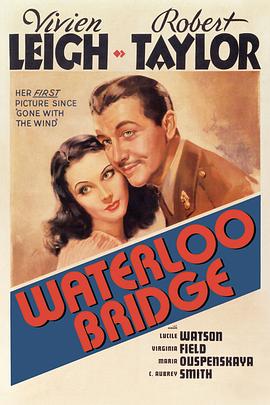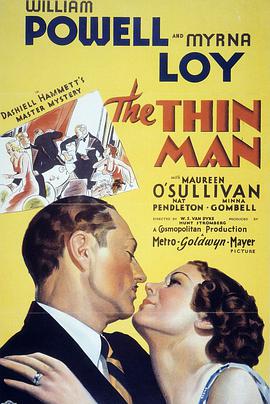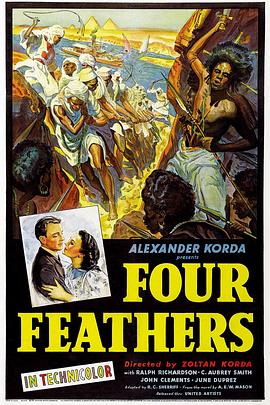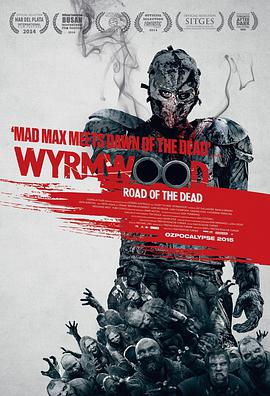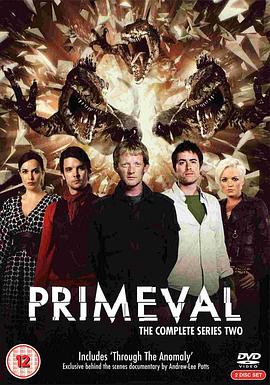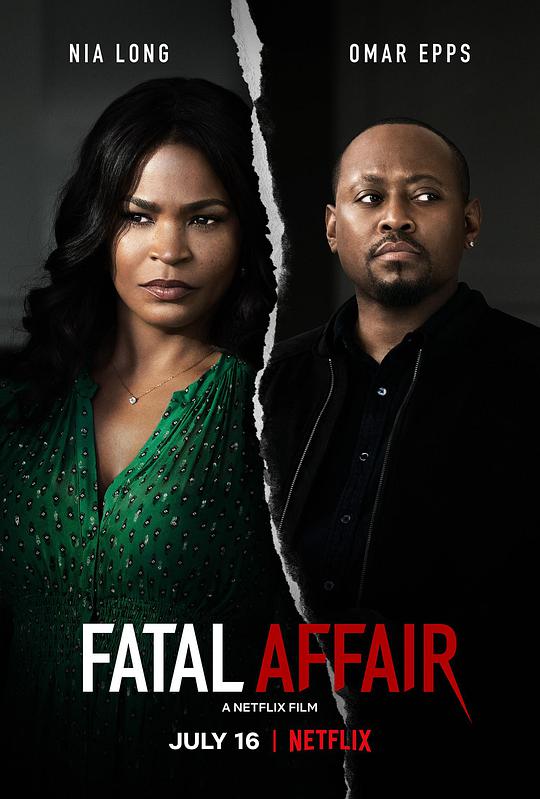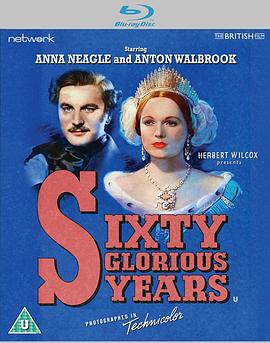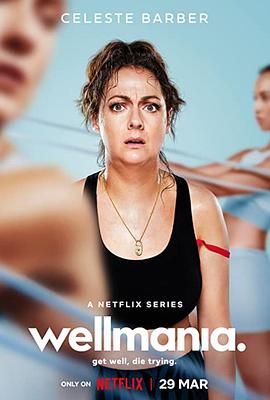-
备注:已完结
类型:剧情片
主演:费雯·丽 罗伯特·泰勒 露塞尔·沃特森 弗吉尼亚·菲尔德 玛丽亚·彭斯
导演:茂文·勒鲁瓦
语言:英语
年代:未知
简介:第一次世界大战期间,回国度假的陆军中尉罗伊(罗伯特·泰勒)在滑铁卢桥上邂逅了舞蹈演员玛拉(费雯·丽),两人彼此倾心,爱情迅速升温。就在两人决定结婚之时,罗伊应招回营地,两人被迫分离。由于错过剧团演出,玛拉被开除,只能和好友相依为命。 不久玛拉得知罗伊阵亡的消息,几欲崩溃,备受打击。失去爱情的玛拉感到一切都失去了意义,为了生存,她和好友不得不沦为妓女。然而命运弄人,就在此时玛拉竟然再次遇到了罗伊。虽然为罗伊的生还兴奋不已,玛拉却因自己的失身陷入痛苦之中。 感到一切难以挽回的玛拉潸然离开,独自来到两人最初相遇的地点——滑铁卢桥上…
-
备注:已完结
类型:喜剧片
主演:威廉·鲍威尔 玛娜·洛伊 莫琳·奥沙利文 纳特·彭德尔顿 Minna
导演:W.S.范戴克
语言:英语
年代:未知
简介: Nick和Nora 这对搞笑侦探夫妻档总是连手出击调查案件。这回他们要着手的是一位发明家失踪的案子,要找出为何会失踪,且失踪到哪里去了……? 相当成功地将喜剧和悬疑元素交融在一起。William Powell和Myrna Loy 饰演的夫妻档,是影史上第一对塑造成功的屏幕情侣组合!本片导演就是影坛上有『一次OK』之封号的 W.S. Van Dyke,本片他只花了两礼拜就拍摄完毕!由华人黄宗沾担纲摄影指导。本片独有的喜剧悬疑风,也成往后这类型电影的祖师爷。Albert Hackett和Frances Goodrich 根据 Dashiell Hammett 的小说改编成剧本。后来还拍摄了五部续集。
-
备注:已完结
类型:恐怖片
主演:Jay Gallagher 碧安卡·布雷迪 Leon Burchill
导演:凯亚·罗奇-特纳
语言:英语
年代:未知
简介: 机械工程师巴瑞(Jay Gallagher 饰)原本和妻子安妮(Catherine Terracini 饰)、女儿梅根(Meganne West 饰) 过着快乐无忧的生活,但在一个不祥之夜,他们的人生发生了翻天覆地的巨变。沉睡中的巴瑞突然接到妹妹布鲁克(Bianca Bradey 饰)的电话,妹妹声称朋友们毫无征兆的情况下甚至错乱,变成了凶恶残暴、嗜血如命的恐怖丧尸。话音未落之际,巴瑞一家也遭到丧尸们的袭击。夜幕退去,曙光降临。布鲁克被两名全副武装的士兵解救,随后则被打晕带走。与此同时,逃难中的巴瑞则不得不面对妻子女儿尸变的悲惨一幕。 途中他遇到了其他的幸存者,为了搭救被困的妹妹,巴瑞选择穿越丧尸群集的恐怖地带……
-
备注:已完结
类型:欧美剧
主演:Douglas Henshall Juliet Aubrey Ben
语言:英语
年代:未知
简介: 《远古入侵第二季》剧中人物发生重大变化:首先,Lucy Brown扮演的女主角Claudia Brown将不会在第二季中出现,取而代之的是一名新角色:Jennifer。和标准的英国淑女Claudia不同,新角色Jennifer美艳性感,大胆开放。根据Lucy Brown的介绍,Jennifer和Claudia应该是同一个人,因为第一季中时间线被改变,人物身份也随之变化。其次,将增加两名常规角色。Oliver Leek(Karl Theobald扮演)将取代被错误的时间线吞没的Claudia,成为Lester的新助手。他可能是本季中的主要反派角色。Caroline Steel(Naomi Bentley扮演)则是Connor的新女友。这个心眼里只想着钱的女人非常讨厌蜥蜴,也非常讨厌 "准情敌" Abby,下决心要 "除之而后快" 。有迹象表明,Caroline很可能暗中替Oliver Leek做事。(以上介绍转载自飞翔科幻网和天涯小筑,转载请注明出处)
-
备注:已完结
类型:剧情片
主演:Anna Neagle Anton Walbrook C. Aubre
语言:英语
年代:未知
简介:Sixty Glorious Years is an exercise in the creation of iconography, both for Victoria and its star, Anna Neagle (who subsequently became known as 'Regal Neagle'). Just as Elizabeth I commissioned artists to create flattering iconic images for public consumption, so this film performs a similar function, for Neagle is more beautiful than the real life Victoria. Controversial events (such as the 'Irish problem') are omitted and unpleasant aspects of Victoria's character (her petulance, arrogance, favouritism and 'right to privilege') are glossed over as endearing little 'whims'. Albert acts as a moderating influence when she goes too far. The film followed a year after the highly successful Victoria the Great (d. Herbert Wilcox, 1937). Again the screenplay is by Miles Malleson and Robert Vansittart, and many of the supporting cast (the cream of acting talent of period) repeat their roles, this time for the colour cameras. This was the first full length Technicolor film of cinematographer Freddie Young, who captures the spectacle of royal weddings, grand balls and opulent interiors, with scenes actually filmed at royal palaces. Vivid battle scenes, set in Alexander Korda's empire territory (Sevastopol and the Sudan), rival those in The Four Feathers (d. Zoltan Korda 1939). The title music sets the tone a regal choir sings over a shot of the crown. Elgar's 1901 'Pomp and Circumstance' march is heard during the diamond jubilee celebrations and, as Victoria's coffin lies in state, the film concludes with Anthony Collins' stately music accompanied by the text of Rudyard Kipling's 'Lest we forget'. Combined with the emotional appeal of scenes of Victoria connecting with her 'ordinary folk', this is stirring stuff. The film connects with contemporary events of 1938. The release of two celebratory royal films was intended to boost public affection for the monarchy in the wake of Edward VIII's abdication. Anglo-German relations were another touchy subject. With another war on the horizon, influential voices wanted appeasement, and the film could be seen to fit that agenda. Victoria herself was of mainly German descent, nicknamed 'the grandmother of Europe', while Albert is a 'good German', charmingly played by Anton Walbrook as a cultured, decent man. Sixty Glorious Years now seems unduly formal and reverential. Had movies existed during Victoria's reign (they only emerged at the end) this might have been the kind of film produced. Unlike Mrs Brown (d. John Madden, 1997), it is all so very 'Victorian'. Roger Philip Mellor
